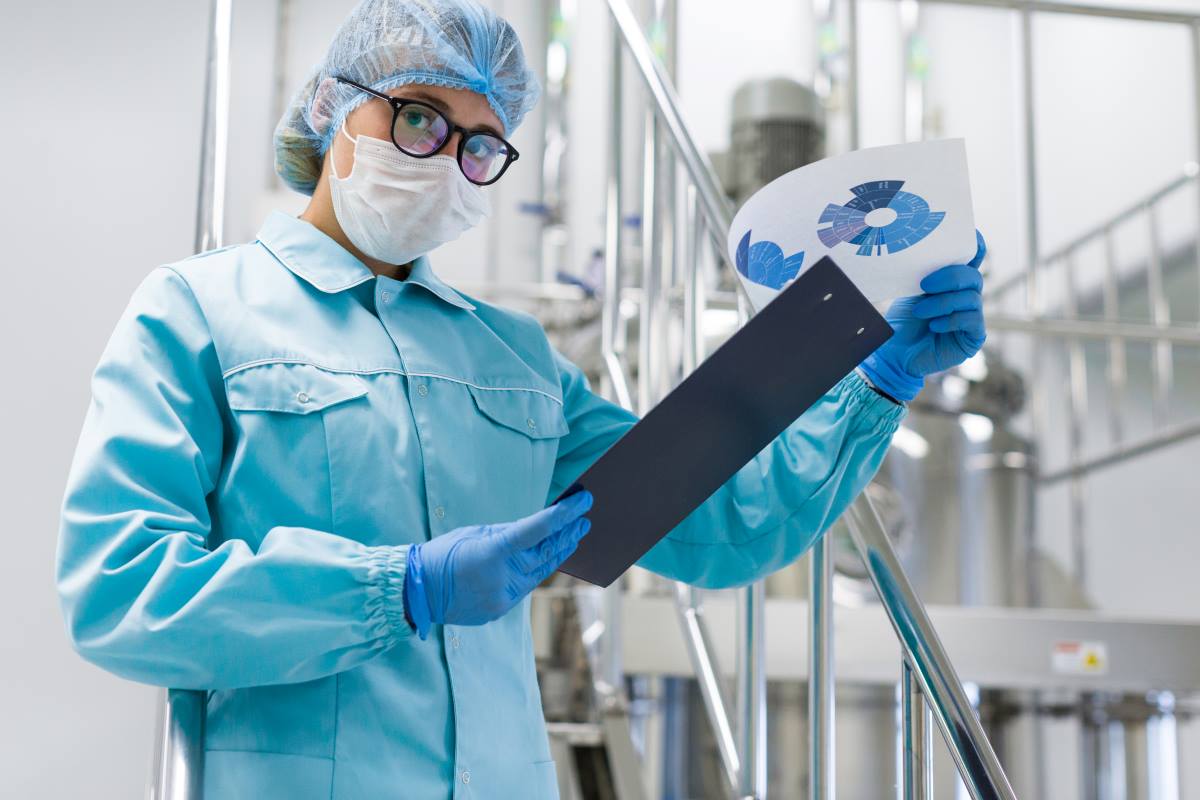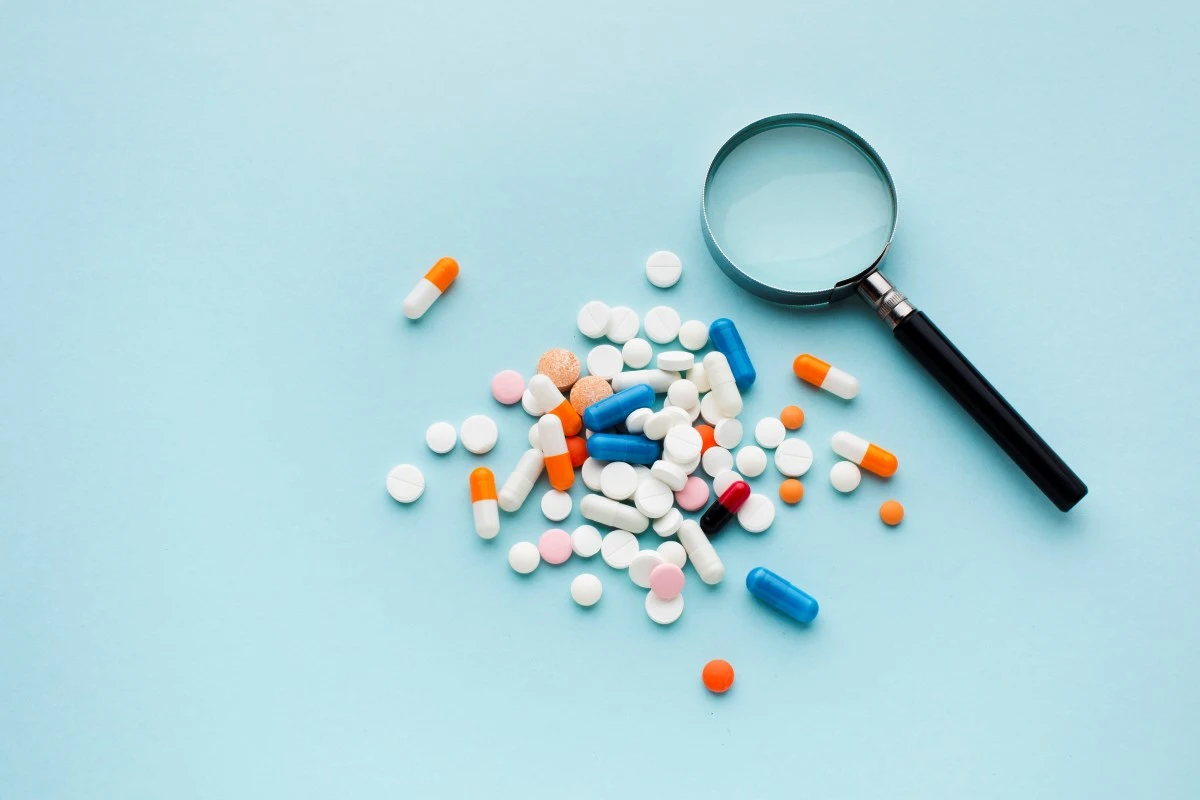In the pharmaceutical industry, tablets are one of the most popular and widely used dosage forms, thanks to their convenience, ease of use, and precise dosing capabilities. Whether for prescription medications, over-the-counter drugs, or dietary supplements, tablets provide a reliable and efficient way to deliver active ingredients to patients. The tablet manufacturing process involves a series of well-regulated steps, from formulation design to quality control and packaging, ensuring safety, consistency, and efficacy. If you are curious about how tablets are made or are in search of a trustworthy Pharma tablet manufacturer, understanding the process can help you appreciate the precision and expertise required to produce these essential products. A reliable manufacturer not only ensures high-quality standards but also provides solutions tailored to specific needs, making it easier to bring innovative and effective tablet formulations to the market while meeting stringent industry regulations.
What is Tablet Manufacturing?
Tablet manufacturing is the process of creating solid, compressed forms of medication or supplements for oral consumption. These tablets are produced using advanced machinery and strict quality control protocols to meet industry standards.
Whether you’re producing tablets for prescription medication, over-the-counter drugs, or dietary supplements, the manufacturing process is critical for ensuring safety, efficacy, and consistency.
Key Steps in Tablet Manufacturing
1. Formulation Design
The first step in tablet manufacturing is developing a robust formulation. This involves determining the right combination of active pharmaceutical ingredients (APIs) and excipients. Excipients are inactive substances like binders, fillers, disintegrants, and lubricants that help improve the tablet’s structure, taste, and stability.
- APIs: These are the primary components that deliver therapeutic effects.
- Excipients: They ensure the tablet’s shape, texture, and disintegration process.
2. Raw Material Procurement
Sourcing high-quality raw materials is essential for the manufacturing process. A good tablet manufacturer ensures that all materials are compliant with regulatory guidelines. Raw materials undergo stringent testing to ensure their purity, safety, and compatibility.
3. Weighing and Mixing
Once the raw materials are approved, they are weighed in precise proportions according to the formulation. These materials are then mixed thoroughly to ensure uniform distribution of the active ingredient.
- Blending: Ensures homogeneity of the powder mix.
- Granulation (optional): Converts fine powder into larger, free-flowing granules for easier tablet compression.
4. Granulation Methods
Granulation is an optional but common step in tablet manufacturing. It improves the flow and compressibility of the material.
a. Wet Granulation
This involves adding a liquid binder to the powder mix, which is then dried and sieved into granules.
Advantages: Improves tablet strength and minimizes segregation.
Disadvantages: Requires additional drying time.
b. Dry Granulation
In this method, powders are compacted without adding liquids.
Advantages: Faster process, ideal for moisture-sensitive materials.
Disadvantages: May result in lower tablet strength compared to wet granulation.
5. Compression
Once the material is ready, it is fed into a tablet press machine where it is compressed into tablets. This step involves:
- Feeding: The granules are loaded into the machine.
- Compression: Granules are pressed into tablets using high pressure.
- Ejection: The finished tablets are expelled from the machine.
Modern tablet presses are equipped with advanced controls to ensure uniform size, shape, and weight.
6. Coating (Optional)
Coating enhances the appearance, taste, and stability of the tablets. It also protects the active ingredient from environmental factors like moisture and light. Common coating types include:
- Film Coating: A thin polymer layer that dissolves easily.
- Sugar Coating: Improves taste and appearance.
- Enteric Coating: Protects the tablet from stomach acids, ensuring it dissolves only in the intestine.
7. Quality Control
Quality assurance is a critical part of the tablet manufacturing process. Every batch undergoes rigorous testing to ensure compliance with regulatory standards.
Key quality checks include:
- Weight Uniformity: Ensures each tablet contains the correct dosage.
- Hardness Testing: Determines the tablet’s resistance to breaking.
- Dissolution Testing: Measures how quickly the tablet dissolves in the body.
- Friability Testing: Assesses the tablet’s ability to resist crumbling.
8. Packaging
Once the tablets pass quality checks, they are packed in blister packs, bottles, or pouches. Proper packaging ensures the tablets remain safe, effective, and free from contamination during storage and transportation.
Importance of Choosing the Right Tablet Manufacturer
Partnering with a reliable tablet manufacturer is crucial for ensuring the quality and safety of your products. Here’s why:
- Compliance with Standards: Reputable manufacturers follow Good Manufacturing Practices (GMP) and adhere to local and international guidelines.
- State-of-the-Art Facilities: Advanced equipment and facilities ensure efficient production and high-quality tablets.
- Customization Options: Manufacturers can create custom formulations to meet specific requirements.
- Cost-Effectiveness: Outsourcing production can save time and resources.
Benefits of Tablets as a Dosage Form
- Convenience: Easy to store, transport, and consume.
- Precise Dosing: Provides an accurate dose of medication.
- Stability: Longer shelf life compared to liquid forms.
- Versatility: Suitable for a wide range of medications and supplements.
Challenges in Tablet Manufacturing
Despite its advantages, tablet manufacturing comes with its challenges:
- Powder Flow Issues: Poor flow properties can affect compression and uniformity.
- Tablet Defects: Problems like cracking, chipping, or sticking can occur during compression or coating.
- Stability Concerns: Environmental factors like humidity and temperature can impact tablet quality.
A skilled tablet manufacturer overcomes these challenges by using advanced techniques and quality control measures.
Why Choose Theon Pharma?
If you’re looking for a reliable tablet manufacturer, Theon Pharma is a trusted name in the industry. With years of experience, state-of-the-art facilities, and a commitment to quality, they deliver top-notch tablet manufacturing services.
- Custom Formulations: Tailored to your specific needs.
- Quality Assurance: Rigorous testing ensures product safety and efficacy.
- Regulatory Compliance: Adheres to global standards.
- Timely Delivery: Ensures your products reach the market on time.
Visit Theon Pharma to learn more about their comprehensive tablet manufacturing solutions.
FAQs
1. Can tablets be customized for specific needs?
Yes, tablet formulations can be customized to include specific active ingredients, desired release properties, and coatings to meet unique customer or patient needs.
2. What are coated tablets, and why are they used?
Coated tablets have an additional layer to enhance appearance, mask taste, or protect the active ingredient from environmental factors. Enteric coatings ensure the tablet dissolves only in the intestine.
3. How long does it take to manufacture tablets?
The time required depends on the complexity of the formulation, the manufacturing method (e.g., wet or dry granulation), and the quality control process. It typically ranges from a few hours to several days per batch.
4. What quality tests are conducted during tablet manufacturing?
Quality tests include weight uniformity, hardness testing, friability testing, and dissolution testing to ensure the tablets are safe and effective.
5: What factors should I consider when choosing a tablet manufacturer?
Look for a manufacturer with GMP certification, advanced facilities, a proven track record, and the ability to provide custom formulations and regulatory compliance.





